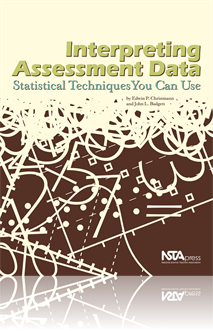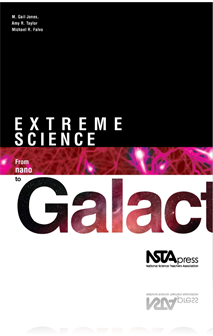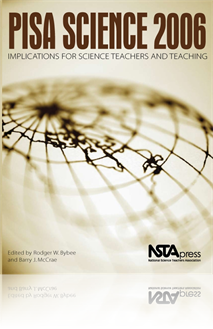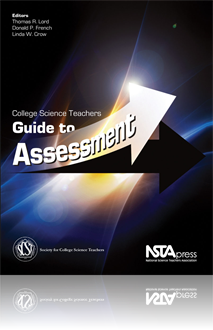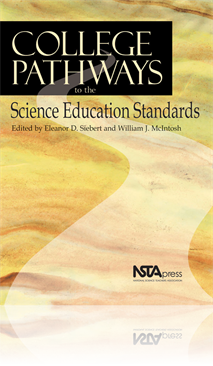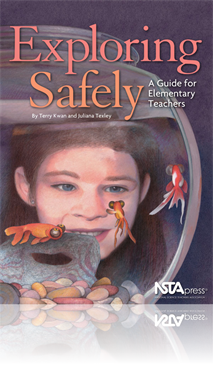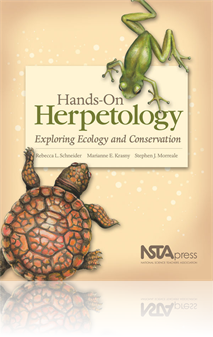All eBooks
eBook
Interpreting Assessment Data: Statistical Techniques You Can Use (e-book)
Are you properly evaluating the results of the tests you give to students? Can you explain the difference between classroom assessment and standardized assessment? Are you on solid ground with your grading system? Demystify—and even use—statistic...
eBook
Extreme Science: From Nano to Galactic (e-book)
Whether we are imagining microbes or mammoths, dinosaurs or diatoms, molecules or stars, people of all ages are fascinated with the very large and the very small. New technologies have enabled scientists to investigate extremes of science previously ...
eBook
PISA Science 2006: Implications for Science Teachers and Teaching (e-book)
What must we teach students to enable them to fully participate in a world community where science and technology play an increasingly significant role? That’s a question that science educators continually face and that the Programme for Internatio...
eBook
College Science Teachers Guide to Assessment (e-book)
What is assessment? How do you assess your students’ progress? How do they assess themselves and their peers? How do you assess the effectiveness of your own teaching? College Science Teachers Guide to Assessment provides busy professors wit...
eBook
College Pathways to the Science Education Standards (e-book)
This one-of-a-kind book applies the Standards, written for K-12 classes, to the college level. Designed for postsecondary science content teachers, science educators, and administrators, this book shows how to implement all six areas of the Standards...
eBook
Exploring Safely: A Guide for Elementary Teachers (e-book)
Take the fear factor out of science lessons. This easy-to-digest book relieves many of the safety worries that come with teaching science in elementary school. The emphasis is on positive options for heading off potential hazards, from handling speci...
eBook
Hands-On Herpetology: Exploring Ecology and Conservation (e-book)
Plentiful, diverse, and readily available, these animals—known in science as “herps”—are also perfect for teaching students about biology, ecology, and conservation, including problems affecting both amphibians and reptiles. This highly re...


